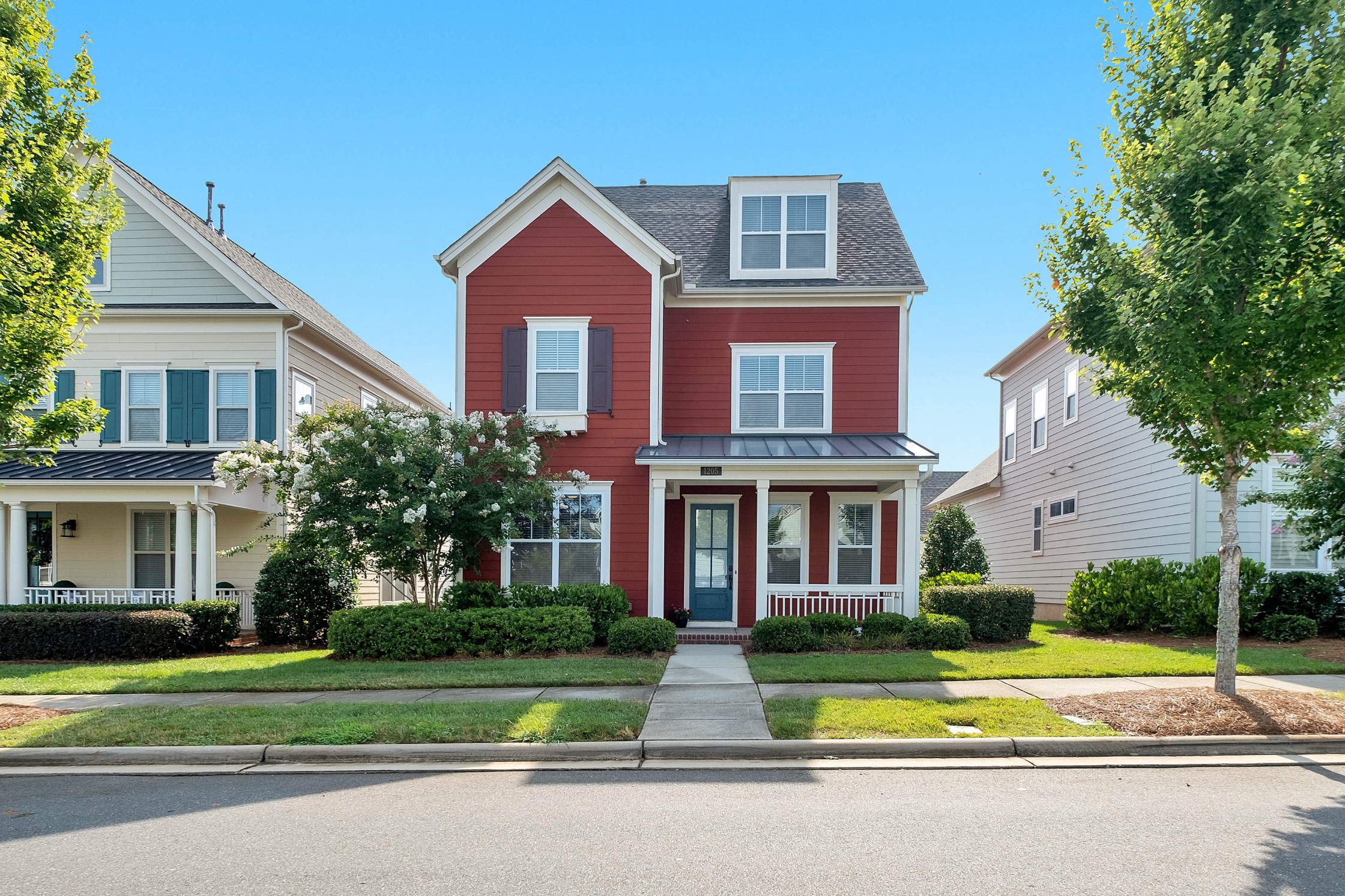For most people, owning a home is a dream that they have worked towards for years. However, with the rising costs of homes, the decision to buy a home has become a more complex one. Buying a home is a huge investment and one of the biggest financial decisions you will ever make. On the other hand, renting a home is a more flexible option, allowing you to move around as you please. In this article, we will explore the pros and cons of buying vs renting a home and help you make an informed decision.
Pros and Cons of Buying a Home
Pros of Buying a Home
- Building Equity
- One of the biggest advantages of buying a home is building equity. Equity is the difference between the value of the home and the amount owed on the mortgage. As you pay down the mortgage, your equity increases, allowing you to build wealth and possibly even use it as collateral for future loans.
- Stable Monthly Payments
- When you buy a home with a fixed-rate mortgage, your monthly payment will stay the same throughout the life of the loan. This can make budgeting easier and provide a sense of stability.
- Tax Benefits
- Owning a home comes with tax benefits, including deducting mortgage interest, property taxes, and other expenses on your tax return.
- Pride of Ownership
- Owning a home can give you a sense of pride and accomplishment. You have complete control over the property, can make improvements to it, and it is a tangible asset.
Cons of Buying a Home
- High Upfront Costs
- Buying a home requires a significant upfront cost, including a down payment, closing costs, and other fees. These costs can make it difficult for some people to afford a home.
- Maintenance and Repairs
- When you own a home, you are responsible for all maintenance and repairs. This can be costly and time-consuming.
- Limited Flexibility
- When you own a home, it can be difficult to move quickly. If you need to relocate for work or personal reasons, selling your home can take time and money.
Pros and Cons of Renting a Home
Pros of Renting a Home
- Lower Upfront Costs
- Renting a home typically requires a lower upfront cost than buying a home. You will typically need to pay a security deposit and the first month’s rent.
- No Maintenance or Repair Costs
- When you rent a home, your landlord is responsible for all maintenance and repairs, saving you time and money.
- More Flexibility
- Renting a home provides more flexibility, allowing you to move more easily if you need to relocate for work or personal reasons.
- Amenities
- Some rental properties offer amenities such as a pool, gym, or community center that may be costly to have if you own a home.
Cons of Renting a Home
- No Equity
- When you rent a home, you do not build equity. This means that you are not building wealth over time.
- Rent Increases
- When you rent a home, your rent can increase at any time, making it difficult to budget and plan for the future.
- Limited Control
- When you rent a home, you have limited control over the property. You may not be able to make changes or improvements without permission from the landlord.
How to Decide Between Buying and Renting
- Consider Your Financial Situation
- One of the biggest factors in deciding whether to buy or rent a home is your financial situation. Consider your income, debts, and other expenses to determine what you can afford.
- Evaluate Your Long-Term Plans
- If you plan on staying in an area for a few years, buying a home may be a good investment. However, if you are unsure about your long-term plans or anticipate moving frequently, renting may be a better option.
- Think About Your Lifestyle
- Your lifestyle is an important consideration when deciding between buying and renting. If you value stability, control, and pride of ownership, buying a home may be a better fit for you. However, if you prioritize flexibility, convenience, and avoiding maintenance and repair costs, renting may be a better choice.
- Do Your Research
- Before making a decision, do your research. Look at homes for sale and rental properties in the area you are interested in. Consider the average cost of homes and rent in the area, as well as the cost of living and the local job market.
- Consult with Experts
- Consult with a real estate agent or financial advisor to help you understand the pros and cons of buying vs renting a home. They can help you evaluate your financial situation, explore your options, and guide you through the process.
Conclusion
Deciding whether to buy or rent a home is a personal decision that depends on your financial situation, long-term plans, and lifestyle. Both options have their advantages and disadvantages, and it is important to weigh them carefully before making a decision. Remember to consider your financial situation, evaluate your long-term plans, think about your lifestyle, do your research, and consult with experts. With careful consideration and guidance, you can make an informed decision that is best for you.


